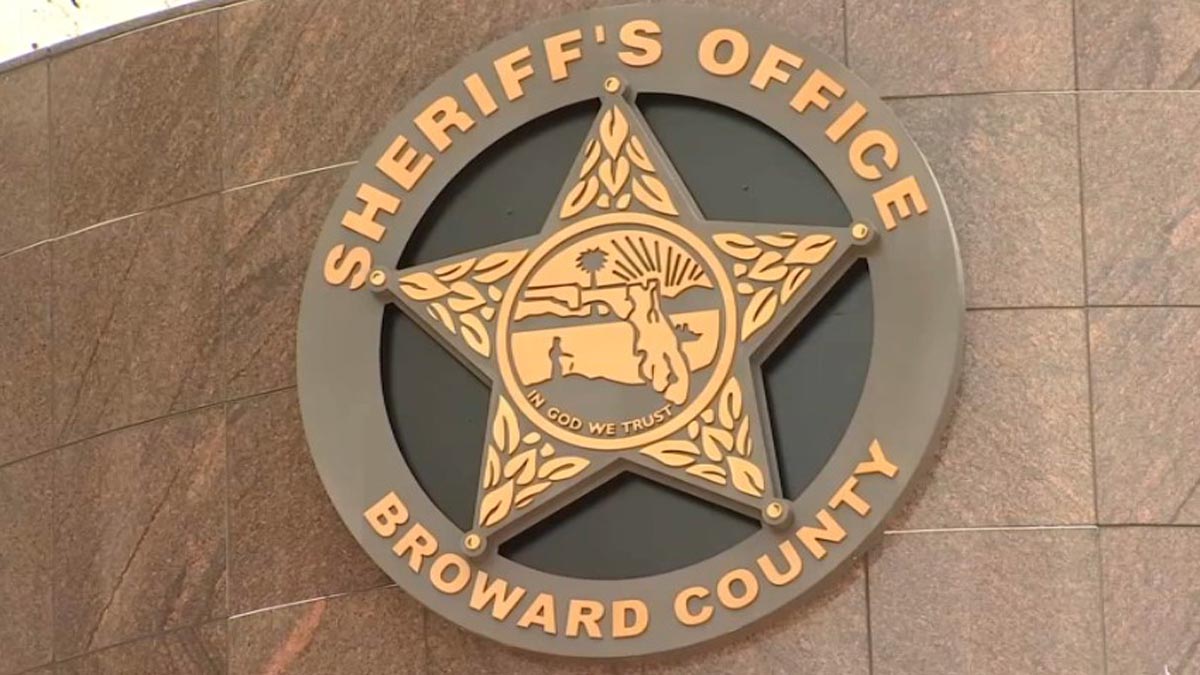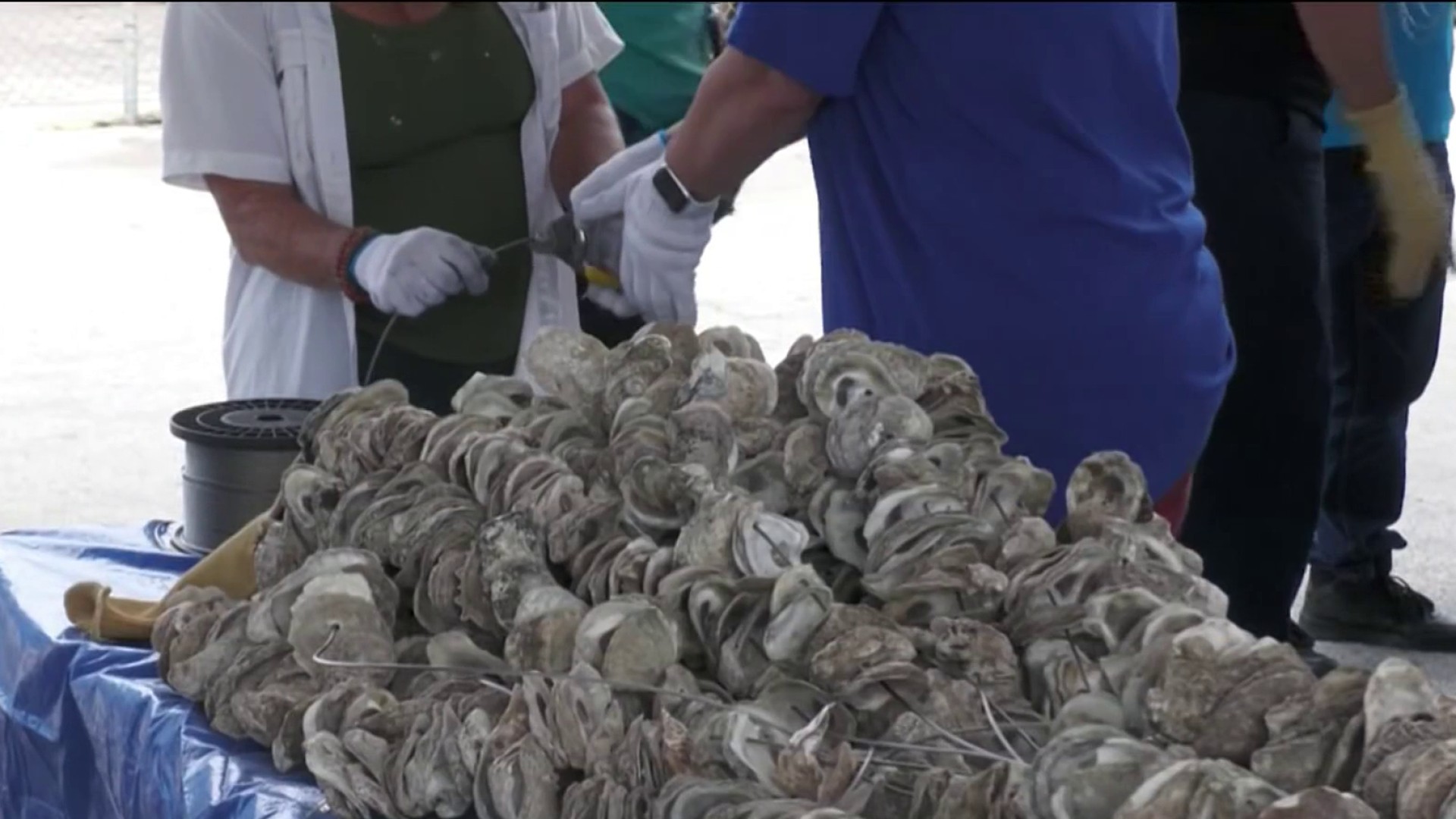With Halloween right around the corner, the movies are getting scarier, the haunted houses creepier and the costumes even more frightening.
As it turns out, there is a science behind our screams, and many of us actually enjoy the thrill of these scary situations.
According to TODAY contributor Dr. Robi Ludwig, there is a hormonal component when it comes to fear and enjoyment.
"The moment we feel threatened, we feel increasingly more strong and powerful physically, and more intuitive emotionally," Dr. Ludwig wrote for TODAY Health & Wellness. "This charge to our physical and mental state is called an 'adrenaline rush,' and as humans we are apparently hard-wired to be drawn to this type of feeling."
But are all those screams good for you?
Doctors say that Halloween is a time of year when trips to the emergency room tend to go up.
Dr. James Eakins of Hahnemann Hospital in Philadelphia notes the vasovagal response, one of the most common causes of fainting. The National Institutes of Health describes the vasovagal response as "the development of inappropriate cardiac slowing and arteriolar dilatation."
Local
Eakins says the response can occur when people become so frightened that their blood pressure drops and they simply pass out.
"We don't see very much major trauma, fortunately," Eakins says. "People with medical conditions, heart attacks, people who pass out just because they're scared."
Experts say that if you're out enjoying frightening festivities and begin feeling faint or lightheaded, you may be experiencing this vasovagal response. They recommend sitting down, or perhaps skipping the next scary attraction.



